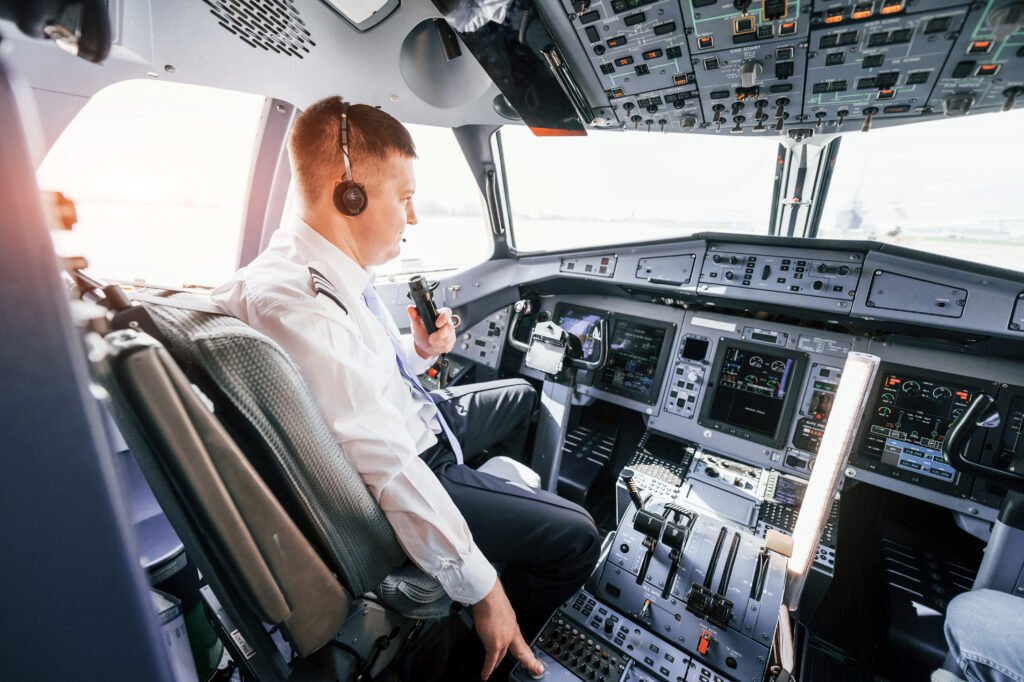PILOT TRAINING
Pilot Ground Training

In general, an applicant for issue of a license should meet the requirements in respect of Age, Basic Educational Qualification, Medical Fitness, Passing in requisite Examinations and Flying Experience appropriate to the category applied for. An Applicant who meets all the requirements is issued a Flight Crew License in appropriate category by the Director General of Civil Aviation (DGCA).
To pass the requisite exams, it is very important the pilots must learn the aviation subjects in a classroom, and step towards the flight training in a proper manner to complete the training in time and get issued with Pilot License.

It is the runway (ground) from where aircraft do the takeoff and soar in sky. The same way, pilot need strong ground training not only to have the exams cleared but to also have the concrete knowledge and implement this knowledge in their flying career and keep flying higher. Therefore for any pilot aspirant, the best way to start with ground studies (Theoretical Training) and clear all the DGCA exams as specified and then move to flying training with focused mind.
The DGCA exams without having the good theoretical knowledge are very tough to pass. A candidate who secures a minimum of 70% marks in the Theoretical knowledge Examination of a particular subject will be declared PASS. Most aspirant pilot gets failed in their attempts & this in result delay their flying training or in some cases incompletion of the whole pilot training.
An aspirant pilot has multiple options for ground training, to have these ground training classes done and accordingly pass their relevant subjects. They may enrol in the Flying Training Organisation for ab initio training (Ground Training & Flying Training). Also there are several Ground Training School in all over country to provide enrich customised Ground Training as per student’s requirement.

Training Duration:
5 Months
Eligibility:
10+2 or its equivalent with a minimum of 50% marks in Mathematics and Physics. At least 16 years of age to start pilot training.
Following DGCA subjects undertaken in the Ground Training for CPL:
- Air Regulations
- Aviation
- Meteorology
- Air Navigation
- Technical General
- Technical Specific
